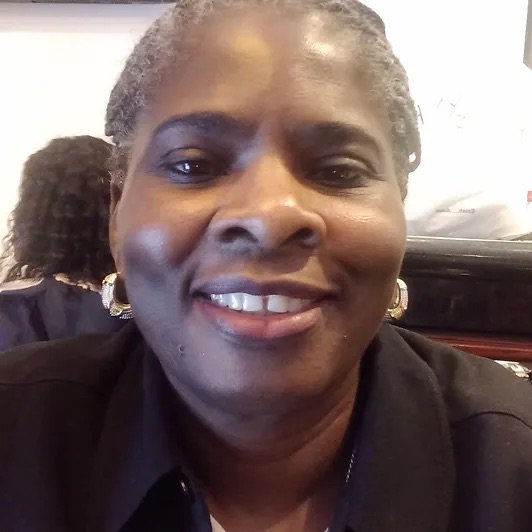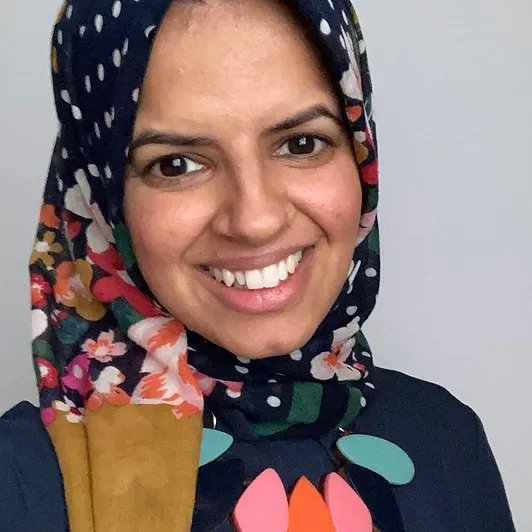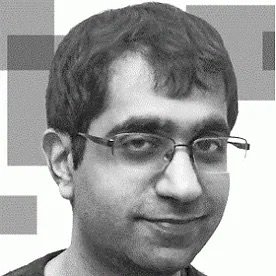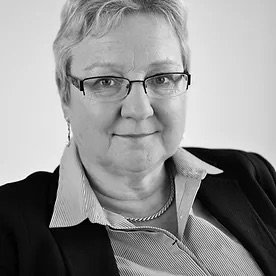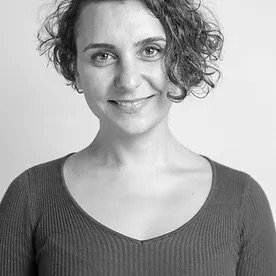About Us
Maslaha seeks to change and challenge the conditions that create inequalities and racism for Muslim communities in areas such as education, gender, criminal justice, health, negative media coverage and a continued climate of Islamophobia. We understand deeply how this context can leave individuals and communities suffering and unable to express and explore their true selves.
Why Our Work is Important
Our work is practical and rooted in local communities but with a reach that is national and international, and with a view to influencing policy and the public imagination. We recognise and rely on the knowledge and expertise that exists in the communities that we work with and the power this has to create change across society.
Who We Are
Meet the Team
Meet the Trustees
Sameer Rahim
Arts and Books Editor of Prospect Magazine
Jane Earl
Non-Executive Director of Telford Homes PLC
Alia Alzougbi
Joint CEO at Shubbak - A Window on Contemporary Arab Culture
Dr Shereen Fernandez
ESRC Postdoctoral Fellow in the Department of Sociology at LSE
Jodie Beck
Policy and Campaigns at Liberty
Our Approach
Practice
Working practically with communities at a grassroots local level.
Public Imagination
Creating and sharing critical learning and knowledge in our communities. This strand also allows us to create counter-narratives on our own terms.
Policy
Where appropriate we also look to influence at a policy level.
Press & Media
Maslaha's work has been featured in a range of national, regional and international media outlets including NBC, Reuters, Buzzfeed, The Guardian, Al Jazeera, ITV, British Muslim TV, Channel 4 and the BBC.
Members of the team have been guests on radio shows including BBC Radio 4’s Today, BBC Radio 2’s ‘Good Morning Sunday’ and BBC Asian network.
The team presents regularly at conferences and we are open to requests relevant to our work. We have spoken at conferences including: the annual Clinks conference, Eudaimonia and the School of Life YMCA conference, Even’s Foundation ‘Conflict Matters’, the Good Pitch in Stockholm and the Southbank Centre’s ‘Being A Man’ and ‘Women Of the World’ festivals.
Maslaha in the News
Explore Topics





